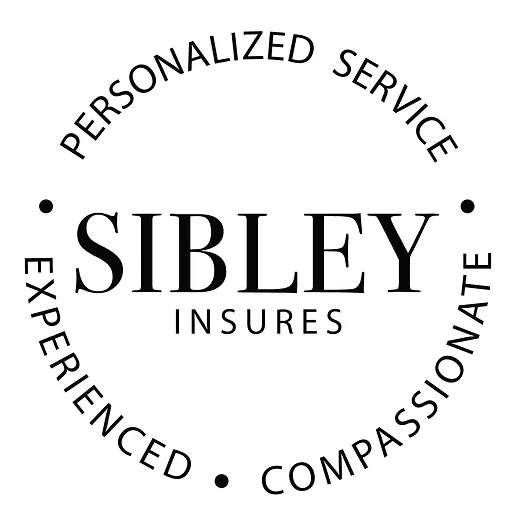The View is Better ABOVE 50
Food & Music • Travel • & More!
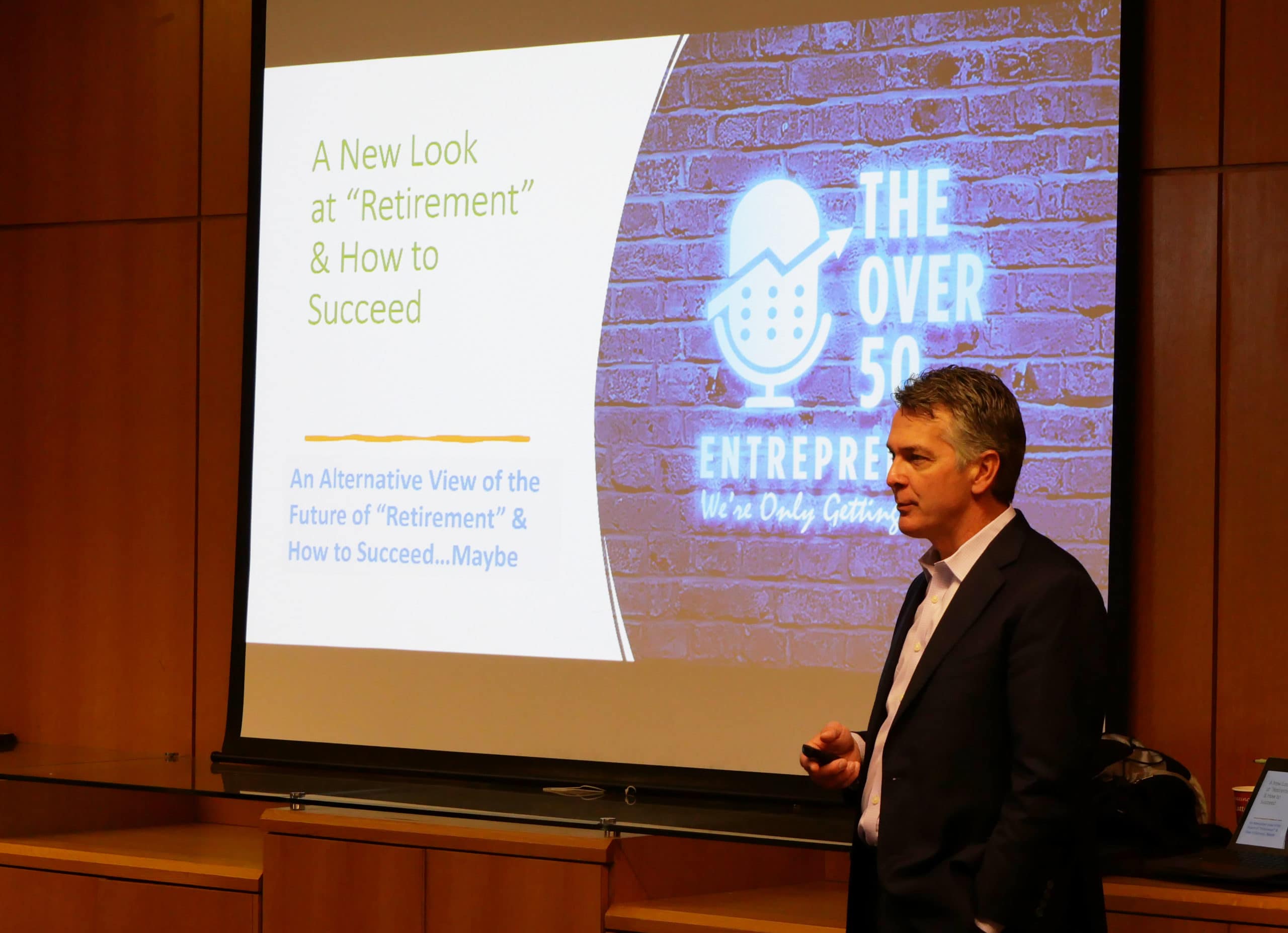
PANEL
Stay tuned while we plan the 2024 panel discussion!
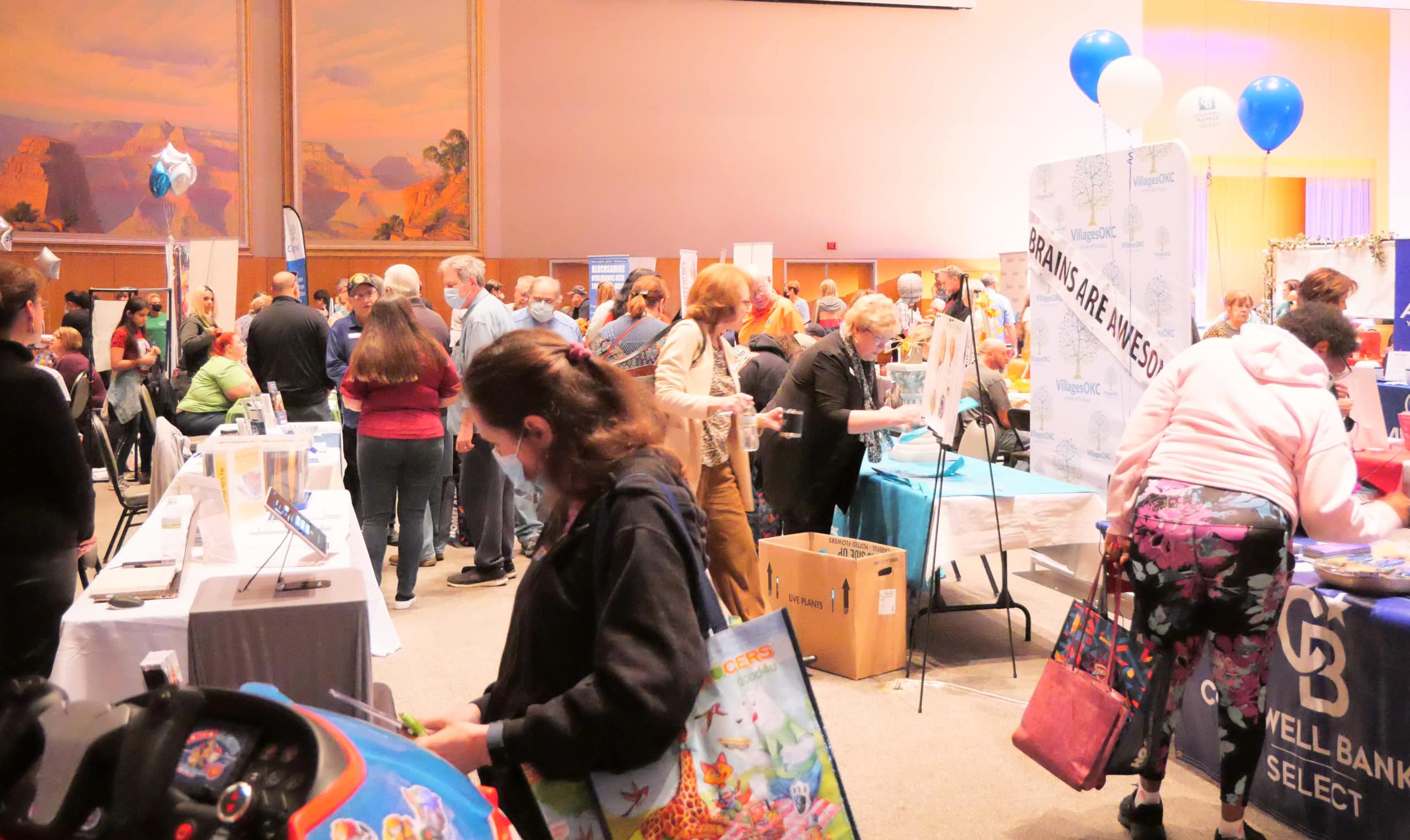
EXHIBITS
Visit 100+ exhibitors for the latest products, services, giveaways and education. Enjoy the free food samples.

ENTERTAINMENT
Join the fun at the main stage throughout the day. From singers to dancers, from book authors to motivational speakers – you’re in for a day filled with surprises.
ATTEND THE EXPO
JOIN OUR UPCOMING EXPO
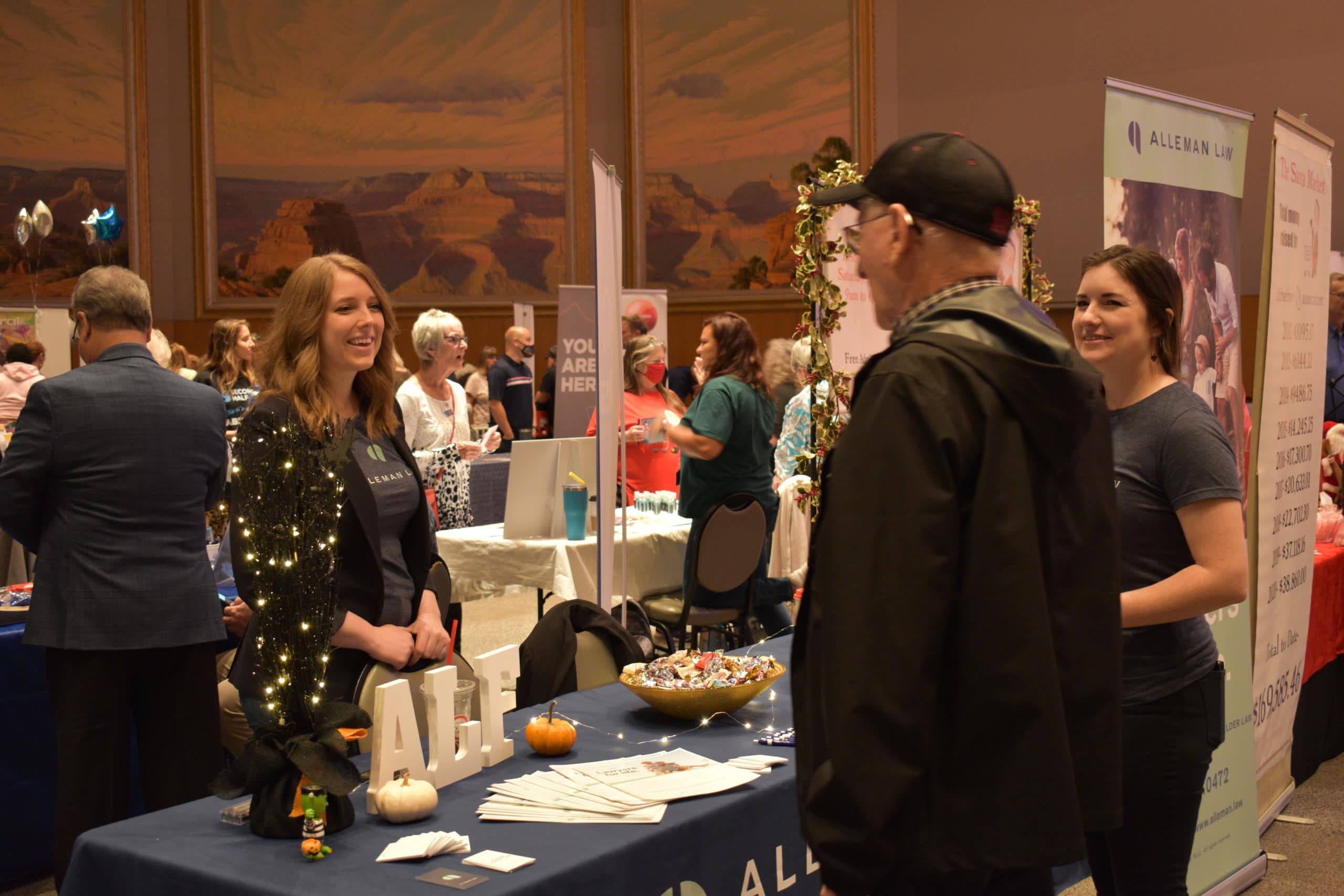
EXHIBIT
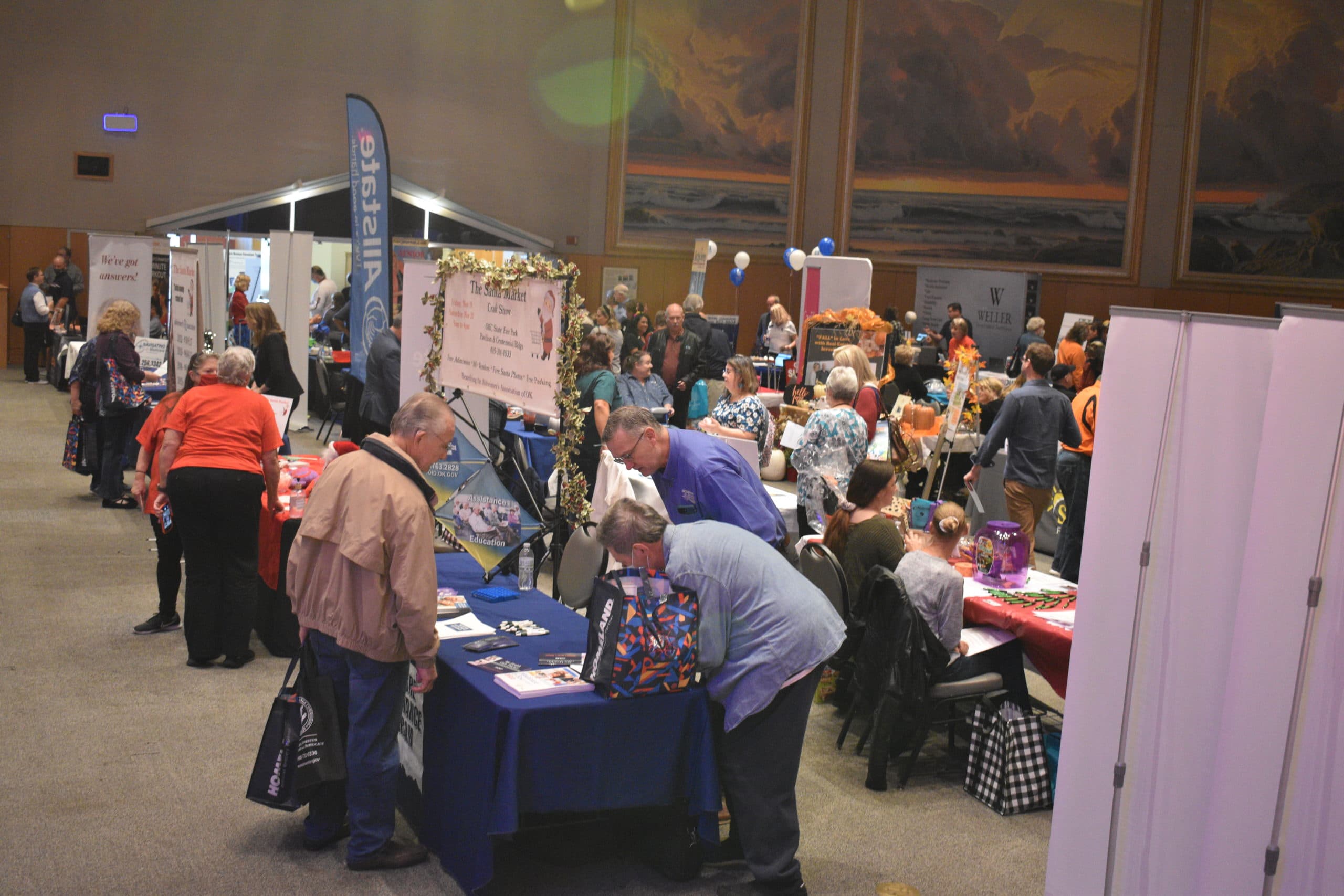
SPONSOR
CONNECT TO VALUABLE RESOURCES
Alternative Medicine / Naturopathic Therapies Alzheimer’s & Dementia Care Caregiving Chiropractic / Massage CBD / Cannabis Education Counseling / Mental Health Estate & Financial Planning Faith & Inspiration Food & Nutrition Fraud, Scams & Self-Defense Games & Recreation for Seniors Health, Wellness & Fitness Hearing & Eye Experts Insurance & Investments Legal & Financial Planning Medicare Real Estate, Downsizing & Moving Retirement Living Senior Housing & Organizations Senior Living & Care Options Vacation & Leisure Social Security Unretirement Wealth Management
CONNECT TO VALUABLE RESOURCES
Accessories
Alternative Medicine / Naturopathic Therapies
Alzheimer’s & Dementia Care
Apparel & Fashion
Banking Services
Bathroom & Kitchen
Caregiving
Chiropractic / Massage
CBD / Cannabis Education
Closet & Garage Organization
Communication Services
Computers & Technology
Computers, Cell Phones & iPads
Counseling / Mental Health
Daily Living Aids
Entrepreneur & Business Startup
Estate & Financial Planning
Faith & Inspiration
Food & Nutrition
Fraud, Scams & Self-Defense
Funeral Homes / Pre-Planning
Games & Recreation for Seniors
Rowing, Pickleball & More
Gardening Products
Genealogy
Government Agencies
Grandparents Raising Grandchildren
Handyman Services
Health, Wellness & Fitness
Hearing & Eye Experts
Hobbies & Art
Hospice Services
Insurance & Investments
Legal & Financial Planning
Lifestyle Products & Services
Medicare
Mobility Opportunities
Non-Profit Organizations
Pet Care, Pet Therapy & Service Animals
Pharmacies and Pharmaceuticals
Real Estate, Downsizing & Moving
Rehab & Physical Therapy
Remodels
Retirement Living
Safety & Home Security
Sandwich Generation Options
Senior Games & Recreation
Senior Housing & Organizations
Senior Living & Care Options
Skin Aesthetics & Procedures
Social Clubs
Vacation & Leisure
Social Security
Support Groups
Transportation Services
Unretirement
Veteran Benefits
Volunteer & Employment Opportunities
Wealth Management
Yoga, Pilates, & Tai Chi
...and many more!
EVENT PROMOTION & ADVERTISING
Second Half Expo will be aggressively promoted to tens of thousands of people in the Greater Oklahoma City area and beyond.
- An official Event Guide will be printed and distributed to attendees AND to over 55,000 people through The Oklahoman newspaper the Sunday prior to the event.
- Over $130,000 of advertising through The Oklahoman, including print ads, social marketing, digital billboard and 200,000 run of Network Banner ads on Oklahoman.com Digital & Mobile.
- Event fliers distributed to multiple events and local network gatherings.
- PR Releases to all major media including print, radio and television.
- Advertising in the online campaign on our media partner websites, including Oklahoman.com OkSeniorJournal.com, VillagesOKC.com, SeniorGuidePost.com, and SecondHalfExpo.com.
- Promotion through the Oklahoma Senior Journal network, including weekly e-Newsletter, app, website, Facebook and Instagram. Event fliers inserted into OSJ magazine 3-months prior.
- PR Releases to all major media including print, radio and television.
- Massive social marketing campaign through TruLata Solutions, a national event marketing company.
- Social media and live feed with local talent on site at the expo.
- Local television promotion and live interviews on local television and radio promoting the event.
- As media sponsor, KFOR Oklahoma’s News 4 will aggressively promote the event through television commercials and digitally in all their social media.
- Radio interviews with our major sponsors on KZLS-The Eagle 1640 AM News Talk Radio (the official station in OKC market for the Dave Ramsey show).
- Radio promotion on KTOK News Radio 1000 – Becky Ivins: Oklahoma Real Estate On The Move
- PR Releases to all major media including print, radio and television.























